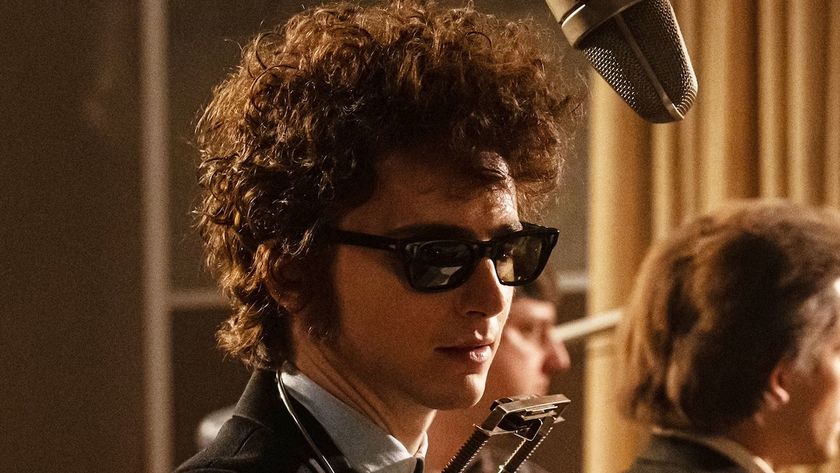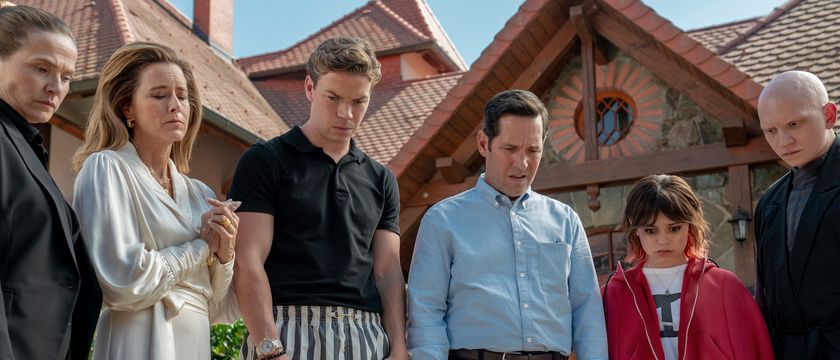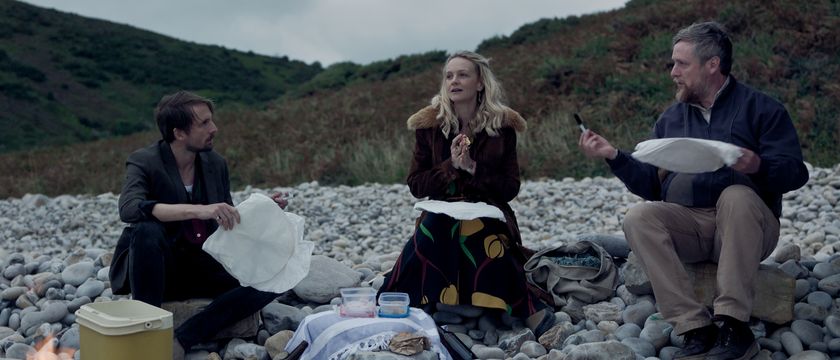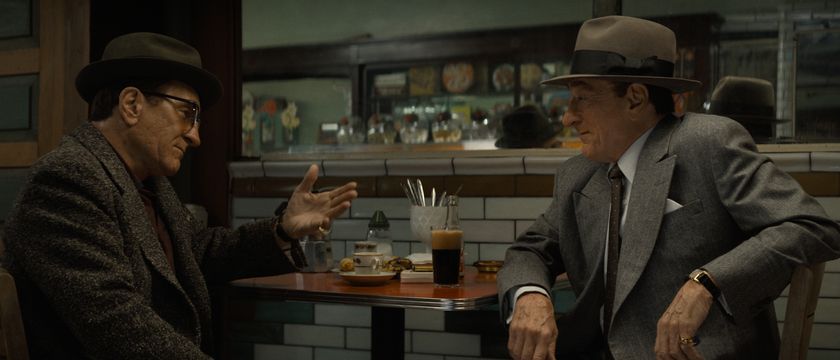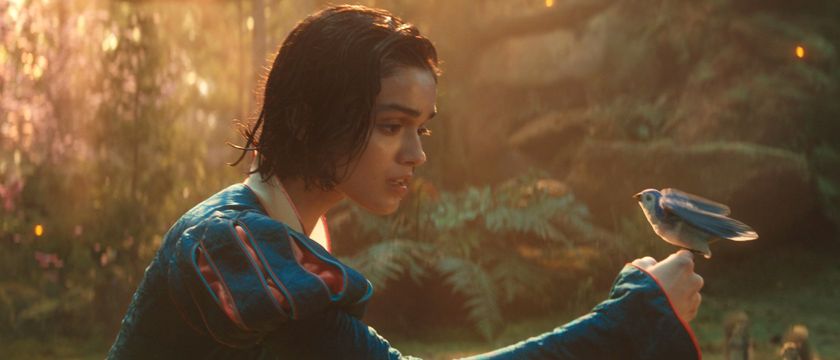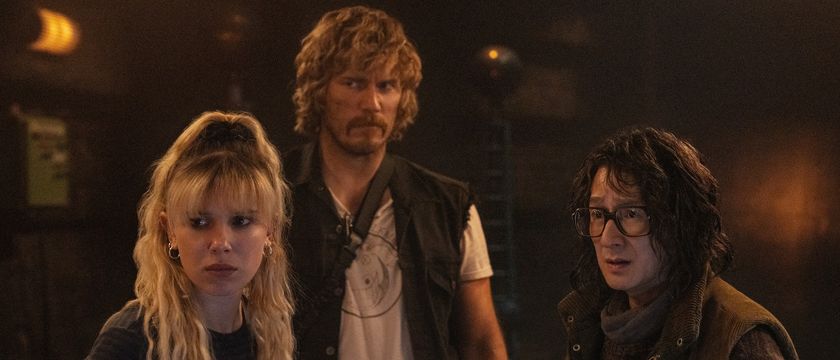There’s an art to perfect movie critique. While the basic idea is for the writer to convey an opinion about a film, the critical thing is being sure to not spoil the experience for the reader. But what if your perception of the film is completely changed by the ending? Stories like The Usual Suspects, Fight Club and The Sixth Sense become something else entirely after the first viewing. Ariel Schulman and Henry Joost’s documentary Catfish is in an entirely different league, however. Not knowing the end is just the beginning. Sitting down in the theater, you’re truly better off knowing as little about it as possible.
Yaniv "Nev" Schulman is a 24-year-old photographer. After having one of his pictures published in a magazine, he receives a painting in the mail from an eight-year-old girl in Michigan named Abby. After finding each other through Facebook, the two start a relationship and, soon enough, Nev becomes a close friend, not only with Abby but with her mother, Angela, and older sister Megan. As Nev talks to the family more and more, his filmmaking brother, Ariel, and friend, Henry decide to begin filming the events and see where they lead - only for them to realize that things aren’t as they seem.
When Ariel and Henry first picked up their cameras, their intention was to document the peculiar relationship between a young, incredibly talented artist and her source of inspiration. But by the end of the film, you realize that it has actually become a brilliant analysis of the social networking age. In the belief that websites like Facebook and MySpace are bringing people closer together and allowing us to talk to our friends as though they’re right next to us, we begin to forget about the reality: that we are sitting in front of a screen with no clue what lies on the other side of the conversation. We are further apart than ever.
This documentary –an accidental expose of sorts – is a beautiful look at that rift. Eventually the film moves from the story of Nev and Abby to the story of Nev and Megan, who he slowly begins to care deeply for. But while they instant message and text, there is no personal connection between the two. The only thing he knows about her is what he’s been able to learn from an online profile. It’s superficial, hollow and it’s something that’s becoming more common in today’s society. The reality is that Nev is in love with a Facebook page, not a real person.
Though that evolved theme doesn’t emerge until the second half of the film (which I will not discuss), the influence of the internet age is apparent over the entire movie’s run. Nearly half of Catfish has us looking over Nev’s shoulder, focusing on screenshots of Facebook and iTunes. We watch as they post messages on Facebook walls or instant message using Google Talk. When discussing locations or travel, it’s expressed using full screen Google Maps, Earth, or Street View. It’s a narrative perfectly told through the lens of the internet.
Beyond the themes, the documentary is also pretty engaging and occasionally hysterical, largely because of the people making it. The filmmakers are beyond amicable, making Catfish’s slower parts bearable, and the audience can get into the film because they are interested in not only Nev’s story, but his personality as well. Even more impressive, as the tone shifts in the second half, you are drawn into Nev’s adventure more. The ability to work on both levels is a testament to the documentary’s capacity to be both entertainment and social commentary.
There will be some who call the reality of Catfish into question. Given how the film ends, it’s astounding to believe that Ariel and Henry turned on their cameras only to walk into such an incredible story. Fiction or non-fiction, the movie’s message is one of importance for today’s wired generation. As social networking becomes more and more a part of every day life for people of all ages, Catfish is a reminder that it’s wise to wonder what’s truly going on at the other end of the line.

Eric Eisenberg is the Assistant Managing Editor at CinemaBlend. After graduating Boston University and earning a bachelor’s degree in journalism, he took a part-time job as a staff writer for CinemaBlend, and after six months was offered the opportunity to move to Los Angeles and take on a newly created West Coast Editor position. Over a decade later, he's continuing to advance his interests and expertise. In addition to conducting filmmaker interviews and contributing to the news and feature content of the site, Eric also oversees the Movie Reviews section, writes the the weekend box office report (published Sundays), and is the site's resident Stephen King expert. He has two King-related columns.

